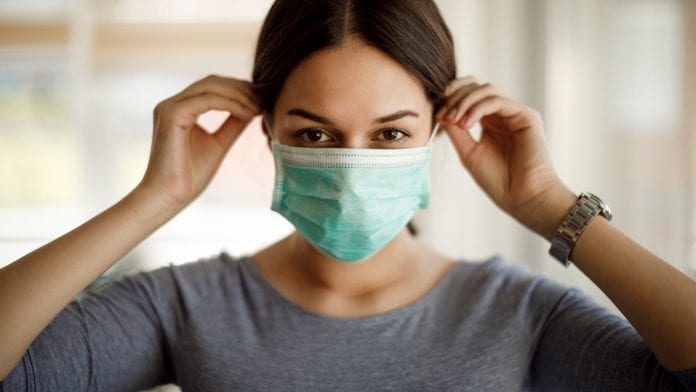
As we transition into the later parts of 2020, many people are wondering how to effectively protect themselves from COVID-19.
After all, we already know the virus can thrive in chilly weather. It made its first leap from animal to human infection in December 2019 and proceeded to spread throughout the world.
Moreover, the world seems ever-dedicated to get back to “normal.” Fewer people are able to social distance as work, school, and other obligations call them back into society.
But now, we have months of studying the virus under our belt. Physicians have come up with health precautions to protect yourself and your loved ones this winter.
Avoid Contact
Having close contact with people with suspected or even unsuspected COVID-19 patients increase your risk of contracting the virus. Apart from close contact with contaminated surfaces and infected people, the virus can be spread through airborne particles, particularly in indoor environments.
We realize this might not be entirely possible depending on your situation. As mentioned above, some people still must go to work and school.
Still, no matter what, you can minimize your contact as a part of your health precautions. If you can afford to stay at home, do so. But if you can’t, make sure you stay at least 6 feet away from other people.
The reason behind the six-foot social distancing is that the coronavirus SARS-CoV-2 remains infectious and viable in aerosols for three hours, easily transmitted when a person coughs and sneezes. The six-foot social distance serves as a shield from the droplets and aerosolized methods of transmission.
If anyone comes closer, explain that you are still distancing and politely ask them to back up.
You can also ask your school or employer about what precautions they are taking and request that they form COVID-safe alternatives to any required activities.
Cover Your Face
Whether or not you believe it, physicians are recommending that everyone wear something over their face.
These coverings prevent the spread of COVID-19 by trapping germs in masks. This makes it harder for other people to inhale the virus.
To work properly, everyone must wear something, even if they don’t show symptoms. People can spread the virus even if they have no symptoms.
Most people are opting for cloth or disposable masks, but these actually aren’t the most ideal coverings on the market. Since you can also catch diseases through your eyes, many doctors are recommending you wear a face shield instead.
Keep Everything Clean
If there was ever a time to double down on your deep cleaning and personal hygiene, it’s now. In the hospital setting and other industries, sterilization for autoclaves is used to ensure all tools are free from viruses and bacteria.
While it might not be practical for you to use such a device in a small space at home, you can still keep everything clean to reduce the number of disease-causing microbes in objects you regularly use, most especially kitchen utensils.
You can sterilize spoons and forks, cookware, and dishes using a homemade solution. Disinfect plastic dinnerware, enamelware, and porcelain by immersing them in a disinfecting solution (two tablespoons of chlorine bleach in a gallon of hot water) for 10 minutes.
Disinfect metal utensils, pots, pans, and silverware by boiling them for about 10 minutes. Don’t use chlorine bleach with metals because this disinfectant causes metal to darken.
Doctors don’t believe that it’s as common to contract the virus through contact with a contaminated surface, but it’s still possible. Given that we know the virus can live on surfaces, it is wise to establish a regular cleaning regimen.
To properly disinfect your home, use EPA-approved disinfectants. Should you need to leave your house, bring anti-bacterial wipes and thoroughly clean the surfaces you touch.
Above all else, wash your hands since they are the most likely part of your body to touch a surface that contains COVID-19.
Scrutinize Your Travel Plans
Right now, traveling is pretty risky, especially if you are planning to go to places with high concentrations of tourists.
Ask yourself whether or not your travel is necessary, and if it isn’t, eliminate it.
If you must travel, consider lower-risk alternatives, such as driving instead of flying.
Itching to take a vacation? Rent RVs or camp instead of staying in a hotel, plan only outdoor activities, go to less populated destinations, and only travel with the people with whom you’re quarantining.
Want More Health Precautions?
2020 is an uncertain time.
With a global pandemic raging, it’s understandable that you want to take your health precautions to the next level. Luckily, we can help you do that!
For more health advice, please check out the other articles on this website!